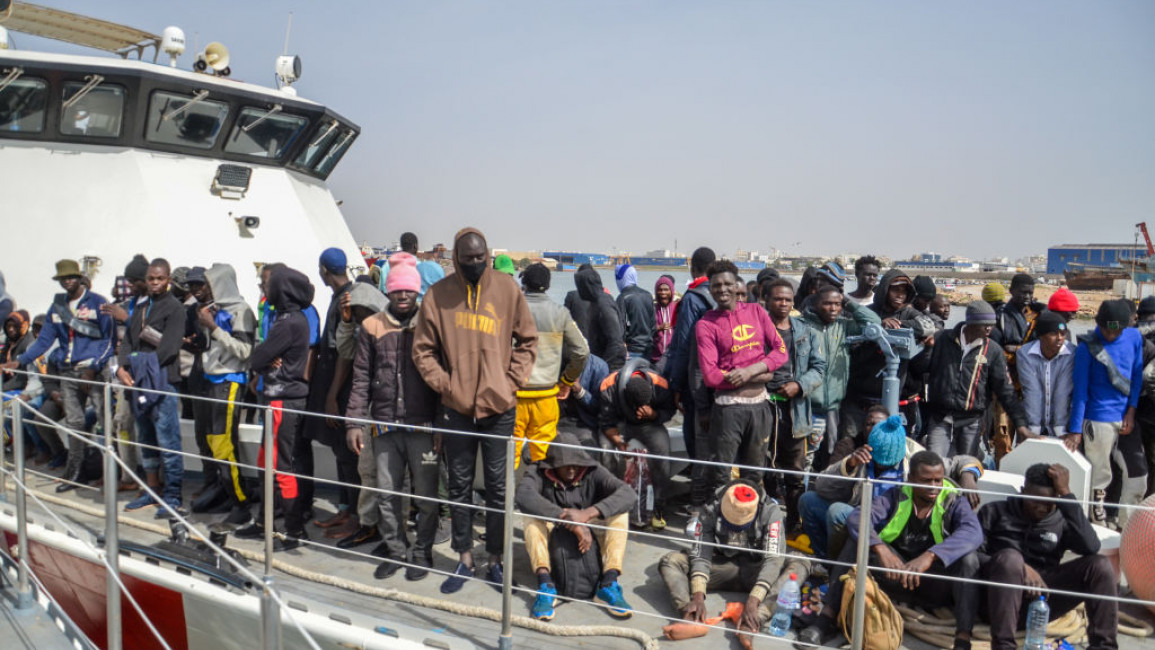Tunisia rights groups urge emergency shelters, aid for migrants
Tunisian rights groups sounded the alarm Friday about the plight of migrants expelled from the port of Sfax, calling for emergency aid and shelters to be set up to accommodate them.
Hundreds of migrants fled or were forced out of Tunisia's second largest city after racial tensions flared following the July 3 killing of a Tunisian man in an altercation between locals and migrants.
Sfax is a departure point for many migrants from impoverished and violence-torn countries seeking a better life in Europe by making a perilous Mediterranean crossing, often in makeshift boats.
Hundreds of migrants were forcibly taken to desert and hostile areas bordering Libya and Algeria after the unrest in Sfax.
Romdane Ben Amor, spokesperson for the Tunisian Forum for Economic and Social Rights (FTDES), told reporters on Friday that between 100 and 150 migrants including women and children were still stuck on the border with Libya.
He said some 165 migrants abandoned near the border with Algeria had been picked up, without specifying by whom or where they were taken.
"Migrants are transferred from one place to another while other groups hide out in the wild in catastrophic conditions for fear of being detected and suffering the same fate as those stranded on the borders," Ben Amor said.
He called for the migrants to be provided with emergency accommodation.
The bodies of two migrants have already been found, and Ben Amor expressed fears that more may soon be discovered.
He called on the authorities to send "a clear message" to Tunisian citizens "to help all migrants, no matter what their administrative status" in the North African country.
Naila Zoghlami, head of the Tunisian Association of Democratic Women, also spoke to reporters on Friday about the "vulnerability" of migrants, particularly women, ever since controversial remarks made by President Kais Saied earlier this year.
Tunisia saw a rise in racially motivated attacks after Saied in February accused "hordes" of illegal migrants from sub-Saharan African countries of bringing violence, alleging a "criminal plot" to change the country's demographic make-up.
The president's remarks "gave people the green light to do what they liked to migrants", said Zoghlami, adding that women from sub-Saharan African countries told her association they had been raped by Tunisians.
On Monday, Saied said Tunisia had "taught the world a lesson with the way it has taken care of these migrants" and that his country "refuses to be a substitute homeland for them and will only accept those whose paperwork is in order".
A statement issued Friday and signed by 28 non-governmental organisations, both local and international, as well as trade unions and political parties slammed Saied's February remarks.
His speech "spurred crime" and only served as a "blank cheque" for some to carry out "serious violence" against migrants, it said.



